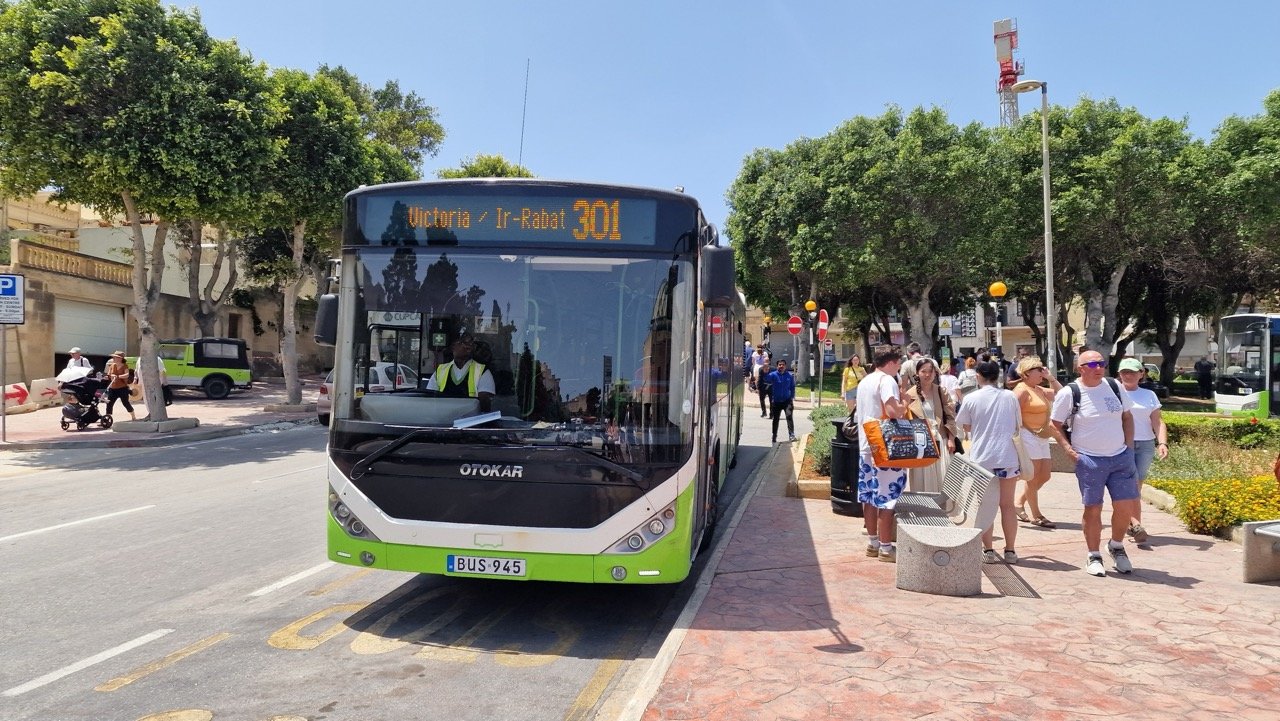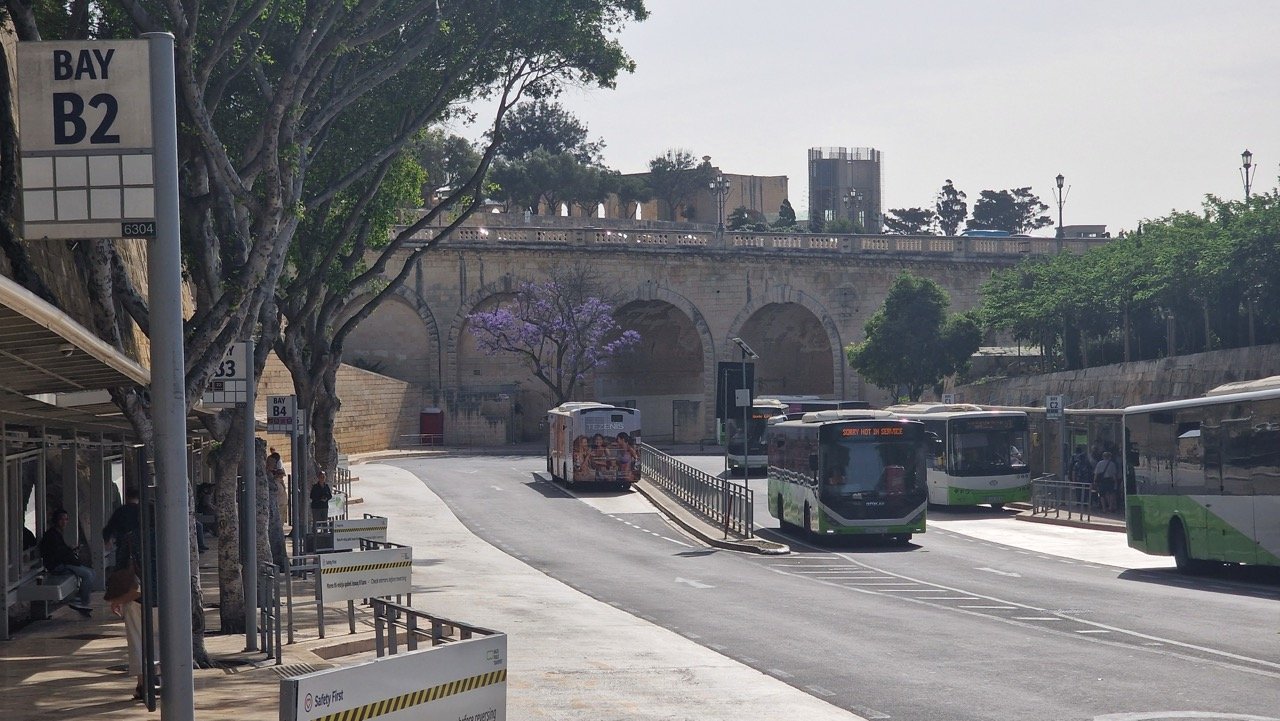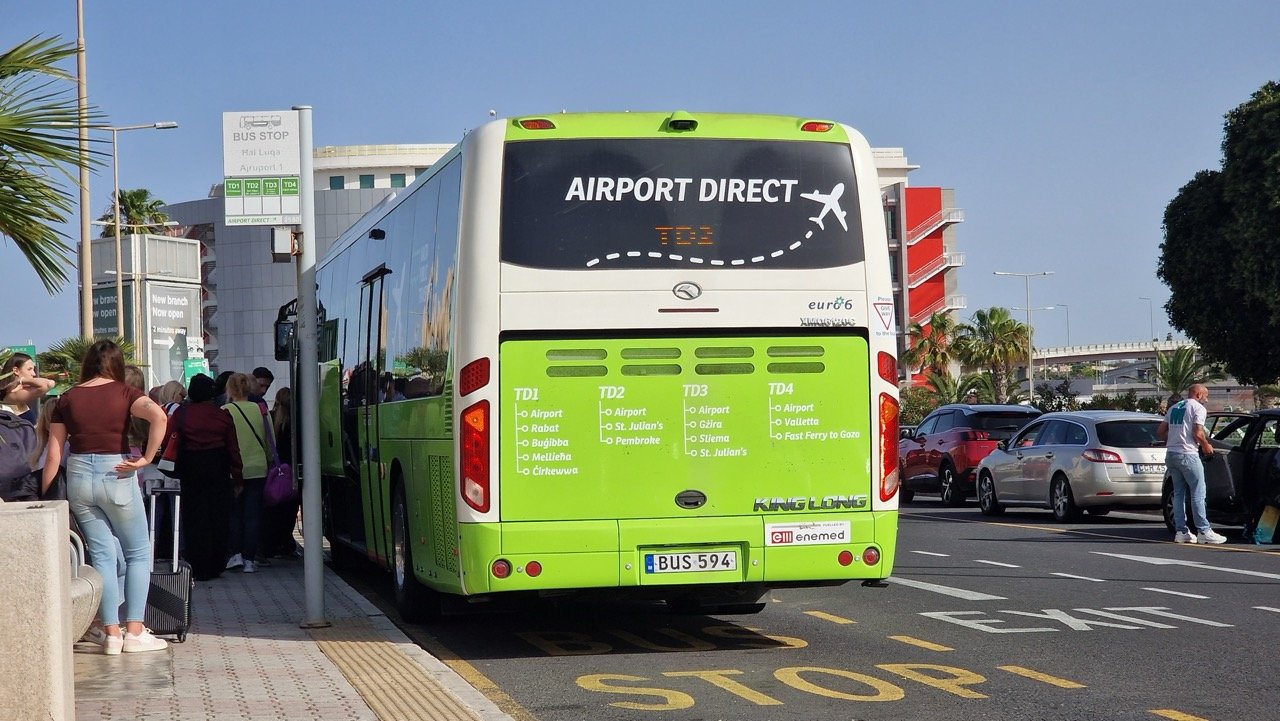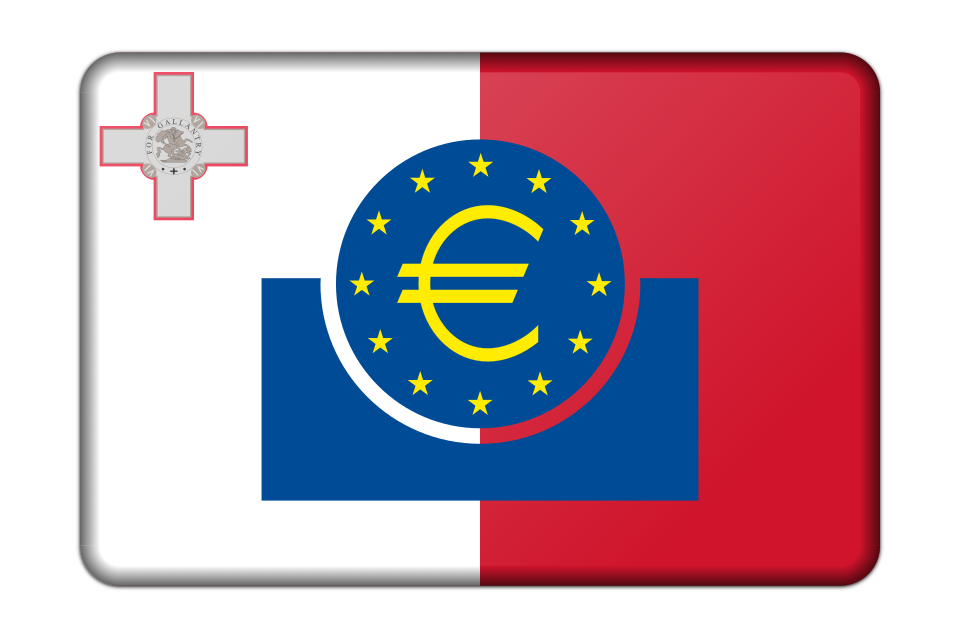Wondering what documents you need to travel to Malta? Whether you’re from the EU, the U.S., the UK, or anywhere else, this guide will help you understand Malta’s entry requirements—clearly and simply.
Malta Entry Requirements in Brief
If you’re an EU citizen, you can travel to Malta with just a valid national ID card—but a passport works too. Both documents are accepted, as long as they’re valid for the entire length of your stay.
If you’re from outside the EU, such as the United States, Canada, or the UK, you’ll need a valid passport, and in some cases, a Schengen visa depending on your nationality.
What Do You Need to Enter Malta?
EU/EEA/Swiss citizens: Valid ID card or passport
Non-EU citizens: Passport, plus a Schengen visa depending on your nationality
Airlines: may request your ID at boarding
Minors: Must have their own ID or passport
Important: A driver’s license is not a valid travel document
Good to have: EHIC (European Health Insurance Card) and travel insurance
What Travel Documents Do You Need for Malta?
Here’s a quick overview based on your citizenship:
- EU/EEA/Swiss citizens: You can enter Malta with either a valid ID card or passport.
- Non-EU citizens (e.g., U.S., UK, Canada, Australia): A passport is required. For many nationalities, no visa is needed for short tourist stays, but others may require a Schengen visa—check your country’s requirements.
- Airlines and border control may request your ID at boarding or arrival even from another Schengen country.
- Minors: Children must have their own ID or passport—being listed on a parent’s document is not enough.
- Important: A driver’s license is not a valid travel document for entering Malta.
- Recommended: Carry a European Health Insurance Card (EHIC) if you’re from an EU country, and consider getting travel insurance for all international trips.
Malta Border Requirements: What to Expect
Malta is part of both the European Union (EU) and the Schengen Zone. That means:
- EU citizens can travel to Malta freely with no visa or customs checks.
- Schengen rules apply, so if you’re already inside the Schengen Area (for example, traveling from Italy or France), you won’t go through passport control when entering Malta.
- That said, ID checks can still happen—especially at airports—so always carry your travel documents.
- If you’re arriving by plane (which most people do), your passport or ID will be checked during boarding.
- Local law: You’re not required to carry ID at all times, but Maltese police can ask you to show it or require you to present it within 24 hours—so it’s best to keep your documents with you.
Malta Entry Requirements for Non-EU Travelers
If you’re coming from outside the EU, here’s what you need to know:
- A valid passport is required.
- Your passport must usually be:
- Issued within the last 10 years
- Valid for at least 3 months after the date you plan to leave Malta
- Schengen visa:
- If your country is part of the Schengen visa-free list (like the U.S., UK, Canada, Australia), you can stay in Malta and other Schengen countries for up to 90 days within any 180-day period, visa-free.
- If not, you’ll need to apply for a Schengen short-stay visa before your trip.
Frequently Asked Questions About Malta’s Entry Rules
If you’re from outside the EU (like the U.S., UK, or Australia), yes—you must have a passport.
If you’re an EU citizen, you can enter with either a passport or a national ID card.
Yes, but only if you’re an EU/EEA or Swiss citizen. Your ID must be valid for the entire trip.
A valid U.S. passport. No visa is required for stays up to 90 days. You may be asked to show proof of return travel and sufficient funds.
No. A driver’s license is not considered a valid travel document for entry.
Yes. Every minor must have their own document, even when traveling with parents.
Yes. Malta has been part of the Schengen Area since 2007.
For non-EU travelers: your passport must be less than 10 years old and valid for at least 3 months after your departure date.
Quick Summary: Malta Travel ID or Passport?
| Traveler Type | Passport Required | ID Card Accepted | Visa Needed? |
|---|---|---|---|
| EU Citizen | No | Yes | No |
| U.S. Citizen | Yes | No | No (under 90 days) |
| UK Citizen | Yes | No | No (under 90 days) |
| Other Non-EU | Yes | No | Depends on country |




